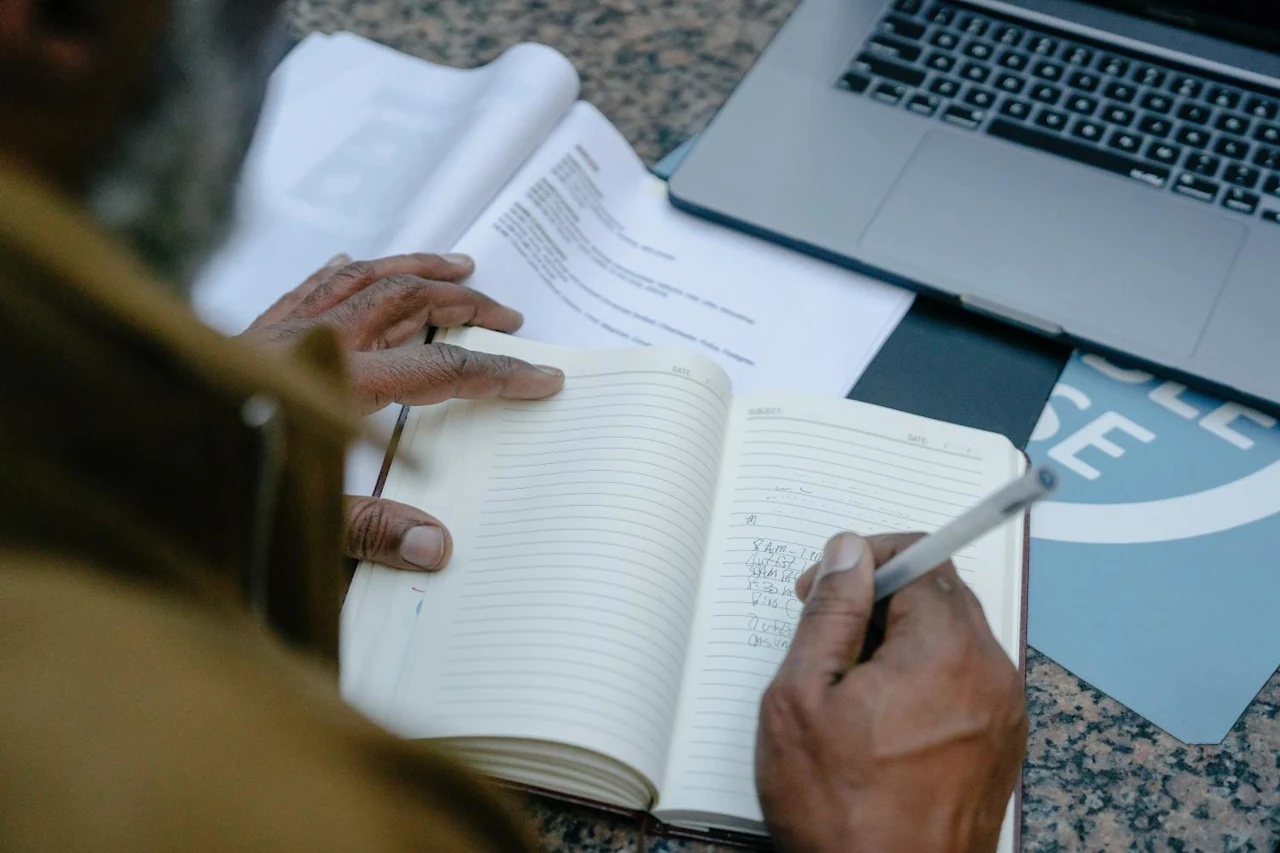When you file a petition to open probate as a personal representative of an estate, then you will most likely be required by the court to purchase a probate bond. A probate bond is a significant financial responsibility required of an Executor, but it often isn’t discussed. Because of this, it can come as a total surprise. Luckily, the cost of a probate bond is a small fraction of the estate. This guide will introduce you to what you need to know about probate bond costs: who pays for a probate bond, how much it costs, and how to purchase one.
Who Pays for a Probate Bond?
If you weren’t familiar with the concept of a probate bond in the past, you might be surprised when you find out that you are actually responsible for buying a probate bond.
A probate court usually requires that a personal representative of an estate buys a probate bond before they can be officially appointed as the Executor or Administrator.
The probate bond acts as an insurance policy of sorts. However, it actually doesn’t protect you, the Executor of the estate. It is actually protecting the estate itself, as well as its beneficiaries and its heirs. What is the bond protecting them from? You.
In the case that you don’t fulfill your duties or commit any wrongdoings, the bond comes into play and provides financial reparations where needed.
How Much is a Probate Bond?
Luckily, probate bonds aren’t too costly. They typically cost a small fraction of the value of the estate, but vary due to a number of factors. Surety companies calculate the probate bond fee using a percentage based on the size of the estate. The average rate for a probate bond is 0.5 percent of the estate value.
For example, estates valued between the ranges of $20,000 and $50,000 could be bonded for a fee of $100-$300.
Probate Bond Calculator
To calculate how much your probate bond might cost, take the estimated total value of the estate and multiply it by 0.5%. This is a rough estimate of how much your probate bond fee might be.
Here is a table guide that demonstrates estimates of typically probate bond costs. However, keep in mind that the exact cost will vary by how much a surety charges.
Estates valued < $25,000 – Minimal underwriting requirements; $125 fee
Estates valued $25,001 - $500,000 – Additional documentation and/or attorney assistance needed; $125 - $2,500 fee
Estates valued >$500,000 – Financial statements, list of heirs, list of estate assets, attorney of record needed; >$2,500 fee
Is a Probate Bond Refundable?
Yes, a probate bond is generally refundable. Personal representatives of an estate are reimbursed for any estate-related expenses that they incur, and they are reimbursed by the estate itself.
Because the acquisition of a probate bond is a valid, estate-related expense, then they can be reimbursed for the probate bond fee. However, if you wind up paying any fees to the surety company (such as for a claim that is found to be valid), then those are non-refundable.
What Is a Probate Bond Waiver?
The Testator of a Will might choose to include a provision that waives the bond requirement. In the presence of this waiver, the personal representative of an estate may not be required by the court to purchase a probate bond.
However, a waiver included in a Will is not the law. The court may override the decision of the Testator and still require that the personal representative purchases a bond. For example, a court might require an individual to be bonded if they live outside of the state, even if the heirs had agreed to waive the requirement.
How Do I Qualify for a Probate Bond?
To qualify for a probate bond, you must first select a surety company of your choosing. Then, you will submit an application for the probate bond. You will typically be required to submit some documents, such as your financial documents and court documents. In terms of financial documents, the company may request a financial statement and pull your credit report.
To find out the exact details of the qualifications and application process, contact a trusted surety company of your choosing. If you’re not sure who to go with, ask your probate court for recommendations.
Ready to learn more about probate bonds and how they work? Check out our educational guides on this topic!
When published: What is a Probate Bond?
When published: What Happens If I Do Not Have a Probate Bond?
When published: What is a Probate Bond in California
When published: Understanding # Types of Probate Bonds
Is there a question here we didn’t answer? Reach out to us today or Chat with a live member support representative!
Trust & Will is an online service providing legal forms and information. We are not a law firm and we do not provide legal advice.
Related Topics
Last updated: March 21, 2025





